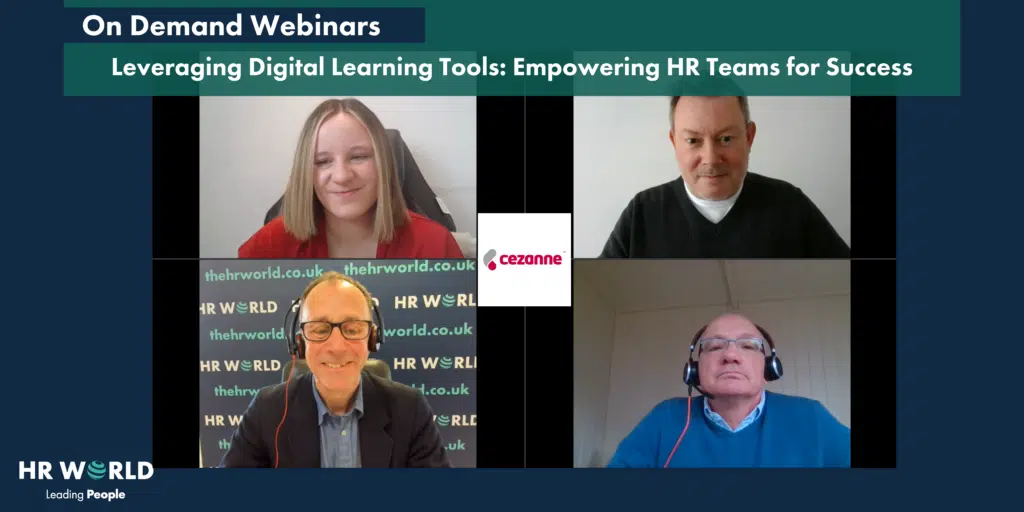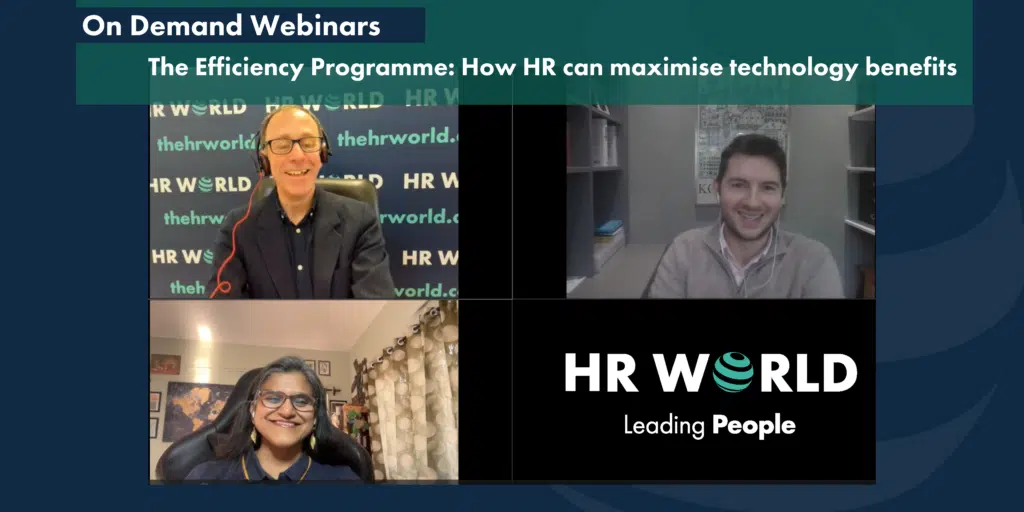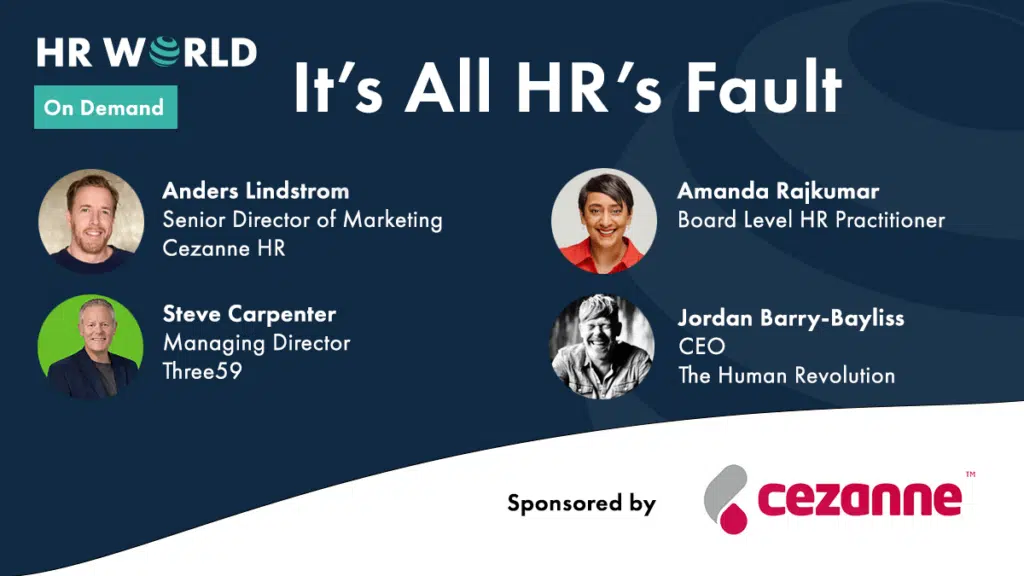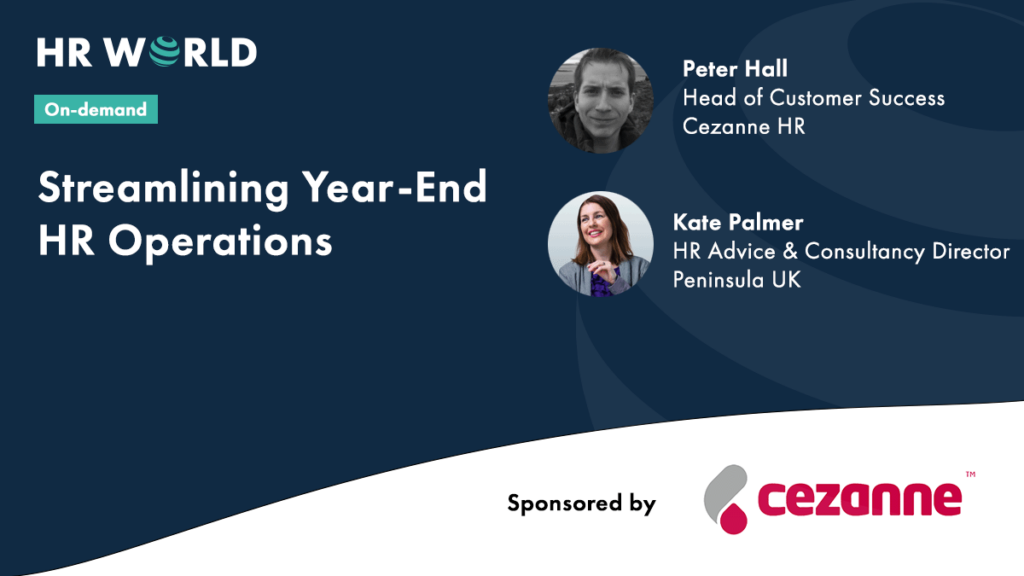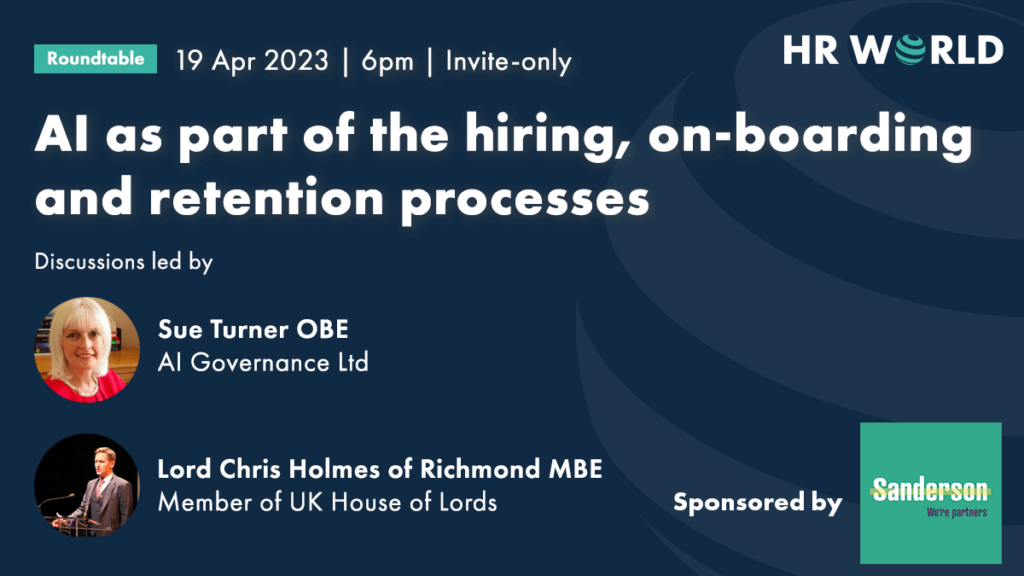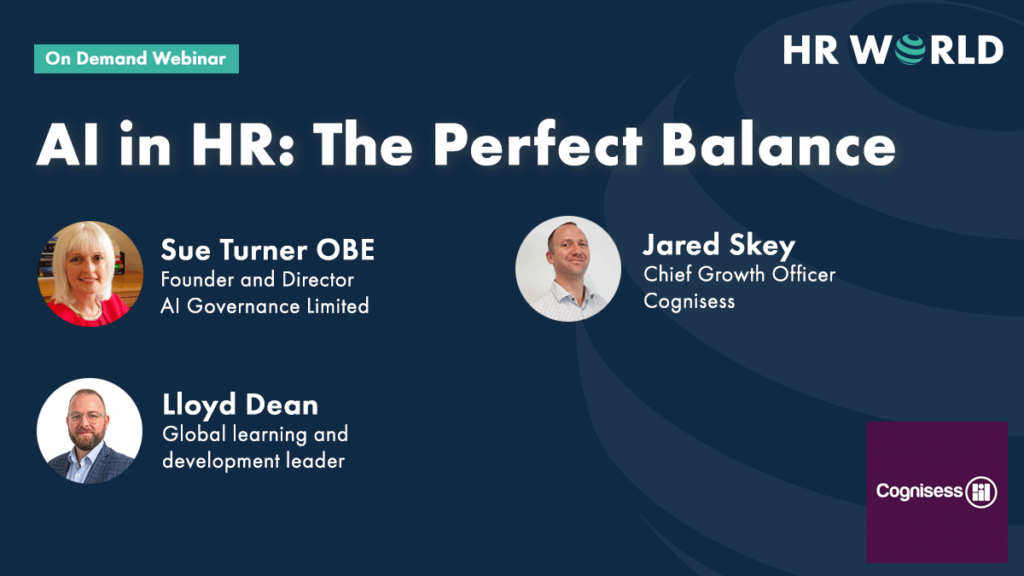Home » Knowledge Hub » Legal » The Immigration Challenge
The Immigration Challenge
23 October 2023 Legal

Story by
Yash Dubal Director, A Y & J Solicitors
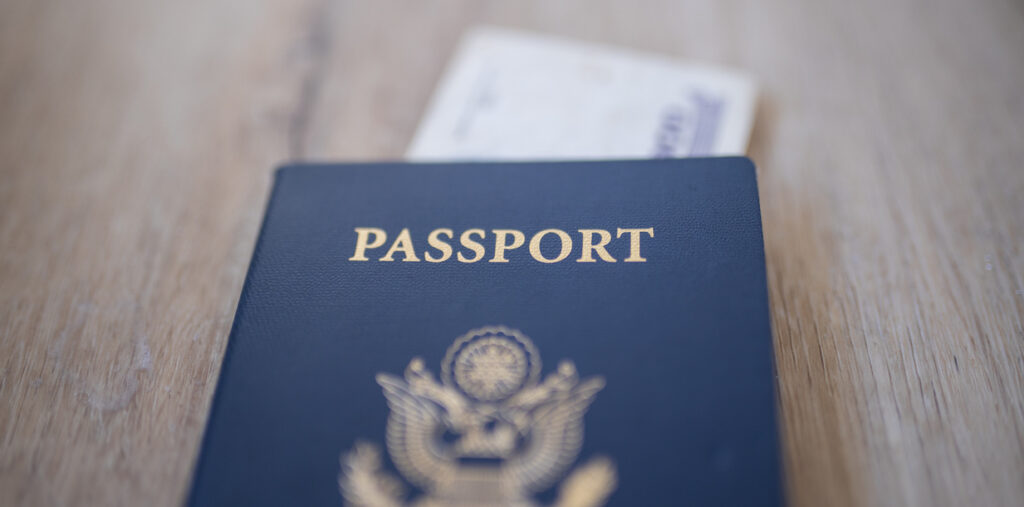
High on the political agenda and HR’s own considerations, immigration is at once a complex area and one which is important for securing the skills an organisation requires. Here, Yash Dubal, Director, A Y & J Solicitors explores the practicalities.
Immigration has long been a topic that gets people going. Everyone has an opinion, not least politicians. Immigration was one of the most contentious issues at the recent Conservative Party conference where senior politicians announced a series of proposals to reduce the numbers of people coming to the UK to live, study and work.
Whether any of these measures actually become law remains to be seen. But with a general election due before the end of 2024, Conservative politicians are predictably playing to their traditional audience with hardline rhetoric. Last year net migration stood at 606,000, a record and far higher than the 250,000-target set by Rishi Sunak. The figure, however, should be taken with a pinch of salt, as it was significantly boosted by one-off schemes for Ukrainian refugees and British National Overseas (BNO) holders from Hong Kong.
While the government wrestles to reduce the number of people coming to the UK under our liberal post-Brexit points-based system, employers are increasingly looking to recruit from overseas as a solution to hard-to-fill vacancies. Those who venture into this corner of the HR world are faced with a complicated and sometimes frustrating system.
The question of visas
Firstly, not all jobs qualify for visas. The main visa route that employers will use is the Skilled Worker Route and there are hundreds of jobs which are eligible under this route from security officers to youth workers, dentists, paramedics, and IT technicians. There is no resident labour test for these roles, meaning employers do not have to offer them to native workers first. In addition many other lower skilled jobs are eligible for work visas under the shortage occupation classification scheme. These are professions where the vacancy rate is particularly acute. Roles on the shortage occupation list include senior care workers, web designers, engineering professionals and health service managers.
In order to employ anyone on a skilled worker visa, employers must follow a process controlled by the Home Office. Firstly an organisation must apply for and be granted a sponsor licence. In order to hold a sponsor licence an organisation or business must fulfil certain requirements. It must be genuine and legally operating in the UK as a PLC, Ltd, LLP or as directors, owners and managers. The applicant cannot have unspent criminal convictions for immigration offences or certain other crimes, such as fraud or money laundering. An organisation cannot have had a sponsor licence revoked in the last 12 months. It also needs to have appropriate systems in place to monitor sponsored workers and people to manage sponsorship.
An application for a sponsor licence must be accompanied by several supporting documents, details of which are listed on the UK Government website. UK Visas and Immigration (UKVI), a department within the Home Office, reviews applications and sometimes conducts visits to businesses to make sure they are trustworthy and capable of carrying out their duties.
A sponsor licence allows an organisation to issue a certificate of sponsorship (CoS) to a worker which in turn allows the worker to apply for a skilled worker visa. The onus is on the employer to check that the overseas worker has the necessary skills, qualifications or professional accreditations to do their job.
The whole process takes time and can place a significant administrative burden on a business, particularly if the business is small or if an application fails initially because some documents have been omitted or a wrong answer given. This is especially frustrating because organisations are often anxious to fill vacancies quickly. For this reason many organisations prefer to use the services of qualified legal professionals to deal with visa matters.
Ongoing duty to comply
Once a CoS has been issued and the worker gains a visa and starts work, the employer then has an ongoing duty to comply with certain requirements in relation to the worker, keeping records and advising the UKVI of any change of circumstances. Any contravention of the rules can have serious consequences, particularly at the moment when compliance visits are increasing as the government carries out a crackdown on illegal workers.
Since the start of the year there has been a 50 percent increase in Home Office raids and compliance visits on businesses suspected of employing undocumented workers and a tripling of fines for those found to be doing so.
The onus is firmly on employers, even if they are hoodwinked by fake documents and dishonest declarations. There is little leniency for employers who inadvertently employ illegal migrants or forget to do the necessary checks. Fines are set at up to £20,000 per illegal worker (unknowingly employed). The fine is set to increase to up to £60,000 per worker, next year (2024). Offenders are named and shamed on a public record.
To stay on the right side of the law, it is up to the employer to validate, record and check all the documentation required by the Home Office to ensure that the person being employed has a right to work in the UK. A sponsor must report if someone is in breach of their visa conditions.
Incorrect document checks
One of the most common mistakes employers make is not doing document checks properly. It’s paramount to review all necessary identification and right-to-work evidence, without making assumptions based on a candidate’s appearance or accent. Disparities in photos or names across documents are often overlooked but can be significant red flags. Documents must also be stored correctly for GDPR compliance. Where a check is being made on an original document detailed attention should be paid to security features such as watermarks and holograms to ensure documents are genuine. Physical document checks should be authenticated with copies taken and the copy should be signed and dated.
It is also important for organisations to record and diarise the validity periods on visas or work permits. Most visas are time-limited and if an overseas worker continues to work when their visa has run out, the organisation employing them is breaking the law. Periodic re-checks and follow-ups are recommended.
Staying up to date
It is also always advisable to keep up to date with current rules and requirements. The UK’s eligibility criteria for rules relating to permission to work on visas can shift. Regular updates on current legislation are essential.
Unfortunately, even those businesses who are not directly involved and are completely innocent can get drawn into bad headlines if their contractors do not follow the rules. In August this year, for example, Sainsbury’s was mentioned in several media, including the BBC, when it was reported that a man who recruited illegal migrants as cleaners in supermarkets had been jailed for six years. He created false identities and falsified bank statements for the workers he used. While the supermarket had nothing to do with his crimes, it was unfortunately dragged into the case. This, sadly, is unavoidable but with the correct procedures in place, bone fide businesses should have nothing to fear and can defend their reputation, even when under Home Office scrutiny.
Abiding by Right to Work rules may seem onerous, but by implementing the correct procedures and paperwork, organisations can recruit both UK and overseas talent with confidence.







